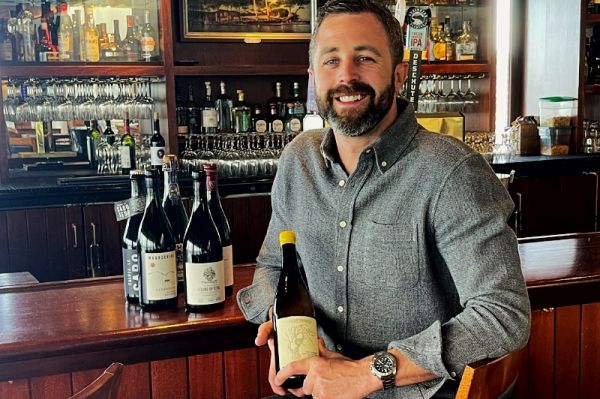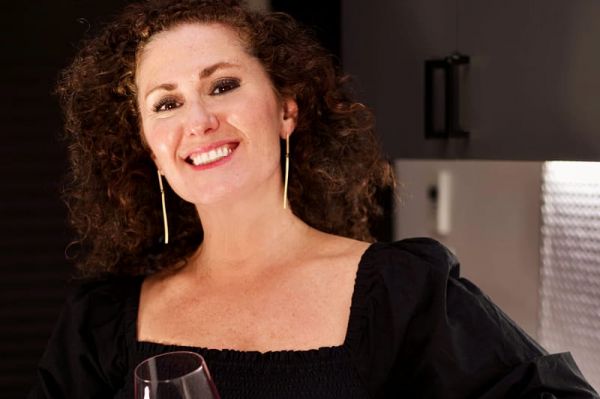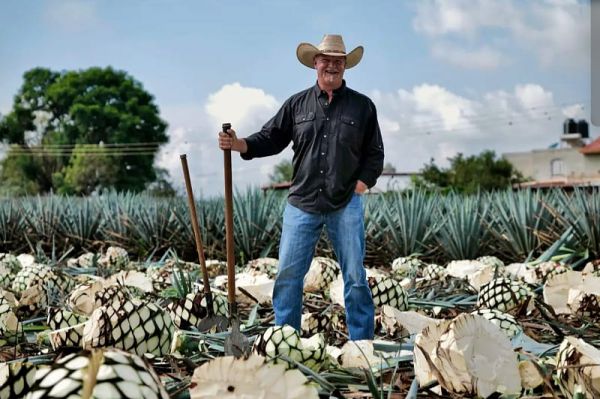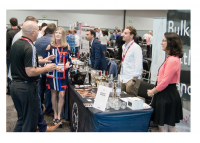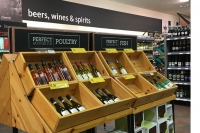Log in to your account
Lost password?Sales and Marketing
If You Don’t Offer Private Labels, Someone Else Will
Most retailers are on to this now, so don't fall behind. Learn how offering a private label selection could help boost your brand and bring in profit.
12/06/2017
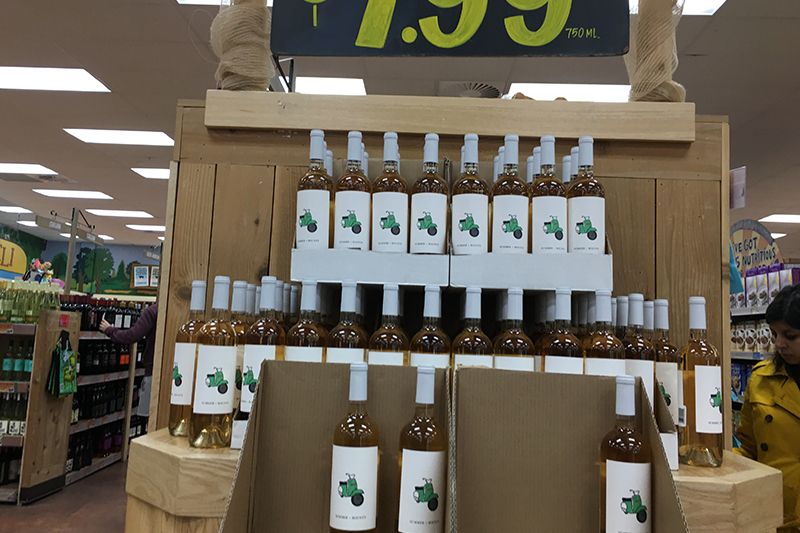
How offering a private label selection could help boost your brand and bring in profit.
The wine world is a competitive one – both for producers and retailers. On the production end, manufacturers battle with one another to create high quality products that will resonate with a broad customer base. It’s a dynamic world that’s a never-ending race to the top.
The retail end sees the fruit of producers’ efforts. Store managers, foragers, and restauranteurs experience a never-ending parade of wine brands marching through their doors on a daily basis. Most come and go without ever seeing shelf space. A retailer may choose to offer a wine because it’s something unique, only to find that half a dozen other stores, restaurants, or bars in the area also offer it. Not so unique.
Cater to Your Customers
Enter the private label brand. Standing out from the crowd and offering something special drives many wine retailers to search for quality bulk wine that they can relabel and sell as their own. Often, they can sell these wines at a discount compared to other similar products. Retailers love them because they can offer something that’s truly exclusive. Customers love private labels because, in addition to getting a deal, they feel as though they’re brand insiders.
Having a private label adds a bit of excitement and mystique to an overall brand, as well. Did Cavatappi’s Italian Restaurant really buy a vineyard, grow its own grapes, and start producing its own wine? Private label wine is a wonderful conversation-starter, as well as being something that loyal customers will be proud to purchase. Given that they’re a retailer’s greatest brand ambassadors, these are the customers to please.
Another plus of private label brands is that they’re much less expensive than mainstream brands. Retailers enjoy profit margins on private labels that are 10 to 15% higher than national brands. Customers are often pleased to find attractive, high-quality offerings at just a fraction of the price of the competition. The quality and the price will keep them returning for more.
Going Private Label with a Bulk Manufacturer
The good news is that Cavatappi’s Italian Restaurant doesn’t have to purchase a vineyard in order to offer amazing private label wine. They’ll simply start what’s known as a virtual, or vineyard-less vineyard. This means purchasing bulk wine from an established vineyard, labeling it, and selling it as your own.
Isn’t that cheating? Won’t the wine be subpar? These are two of the questions that likely spring to mind in the early stages of considering starting a private label, and the answers are no and of course not.
People would be surprised to know how many of their favorite wines aren’t, in fact, manufactured by the brands that sell them at all. One of the most famous examples of private label success is Trader Joe’s exclusive “Two Buck Chuck.” Made by a company called Charles Shaw, more than five million dollars’ worth of the wine flies out the doors of TJ’s every year. Another big private label seller is Costco’s Kirkland Signature brand, which offers amazing Chateau Margaux, as well as champagne, for just a fraction of competitors’ prices.
As for quality, wine isn’t sold in bulk because it’s somehow subpar. Vineyards create bulk stock to sell to other vineyards that would like to use a varietal that’s not available in their location. Some wineries do not want to be in the business of creating and selling brands and would rather sell their stock in bulk. Sometimes vineyards grow too many grapes or make too much wine and sell off the excess. Other times, a buyer doesn’t follow through on a purchase and the vineyard is stuck with excess stock. No matter the case, bulk wine often receives an undeserved reputation as being a lesser quality than the rest.
Finding and purchasing wine through a bulk manufacturer is made much easier by working with a broker. To find a reputable broker, it’s best to simply start asking around. Talk with wine distributors, as well as other retailers.
Once a “virtual winemaker” has decided on a broker, they’ll be able to discuss the type of wine product they have in mind. How large will the production size be? Keep in mind that the overall cost will go down as the production amount goes up. What appellation and style will it be? The broker will be able to locate the varietals that will be appropriate for the blend. The broker will also be able to assist in securing bottling and labeling for the product, as many large wineries also provide this service.
Finding Your Niche
As a retailer creates their private label brand, they should be thinking of ways to maximize their brand appeal. While “Mom and Pop’s Private Label Wine” will delight longtime customers, it’s also important to branch out to others who may be wandering into an establishment for the first time. For them, the brand name isn’t going to appeal as much; they’re going to be looking for something unique.
This is where creating something truly special can set you apart. Natural and organic products, for instance, is a market that’s growing fast. If taking such a direction, private label retailers should consider this before they find a supplier and finalize their blend to ensure that they can hold true to their claim of “natural and organic.”
If a wine brand won’t be specifically unique in its ingredients, it can also stand out via its labeling and its story. That first one is important, as a majority of customers select wine based on its label. In fact, in a survey done by Wine.net, 82% of respondents said that they chose a bottle based on the appearance of the label. Labeling can be a part of building a story about the brand – something else that makes customer feel attracted to and connected with a product.
Exclusivity for loyal customers and a competitive price will spark a private label’s progress, while quality and marketing a fantastic brand story will help it expand into new territory. Why battle the competition in mainstream products when you can have your own label? If you don’t do it, someone else will!
How offering a private label selection could help boost your brand and bring in profit.
The wine world is a competitive one – both for producers and retailers. On the production end, manufacturers battle with one another to create high quality products that will resonate with a broad customer base. It’s a dynamic world that’s a never-ending race to the top.
The retail end sees the fruit of producers’ efforts. Store managers, foragers, and restauranteurs experience a never-ending parade of wine brands marching through their doors on a daily basis. Most come and go without ever seeing shelf space. A retailer may choose to offer a wine because it’s something unique, only to find that half a dozen other stores, restaurants, or bars in the area also offer it. Not so unique.







